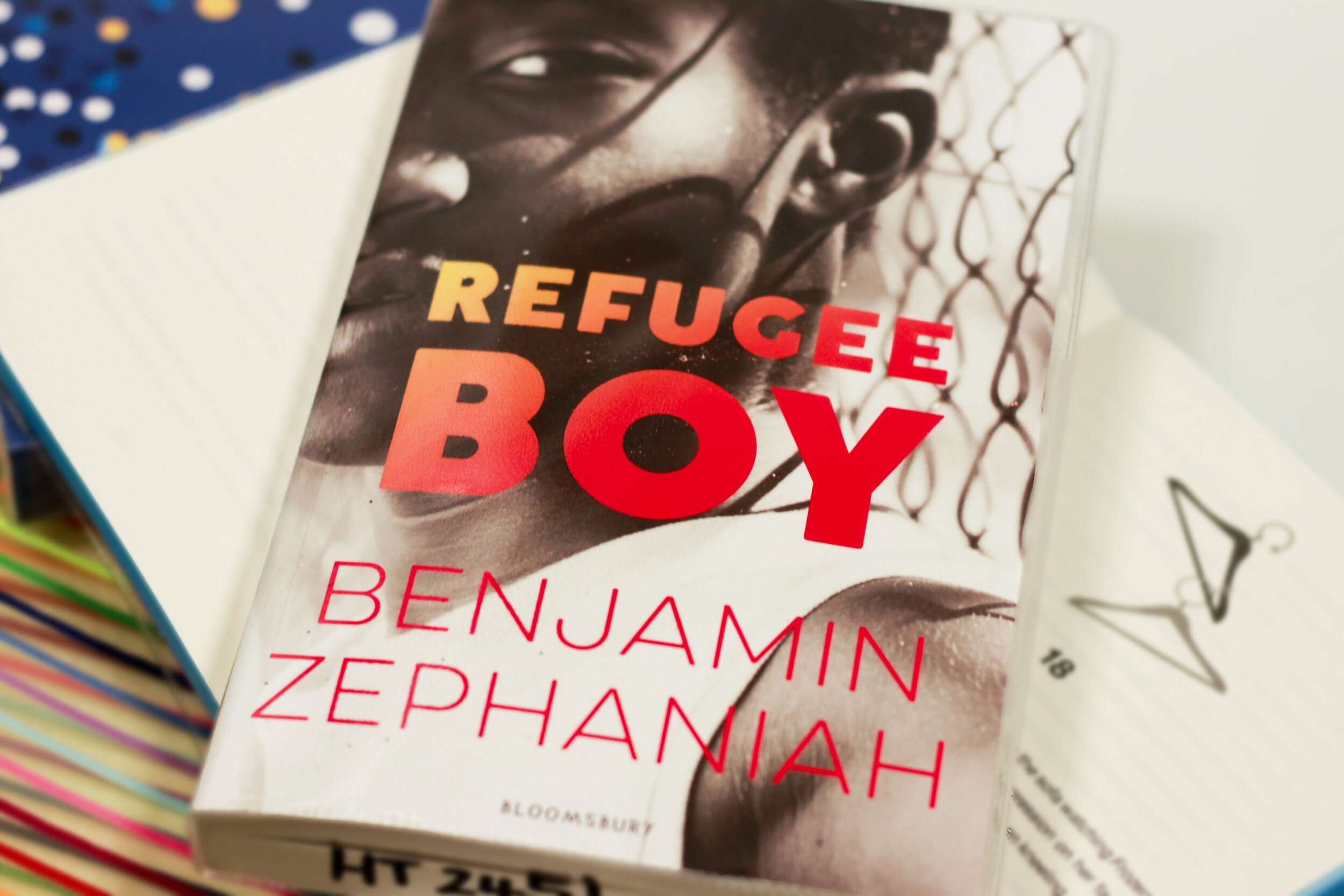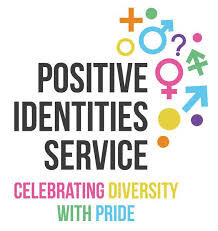A core part of our mission is to ensure that our students leave Ryburn as confident global citizens, equipped with the knowledge, skills and character they need to succeed personally in the future, and the empathy and understanding of others to help make that future a kinder one.
We cover the National Curriculum for PSHCE plus Citizenship, however our IDENTITY curriculum is broader and MUCH more ambitious.
How do we cover the National Curriculum for PSHCE?
Personal, Social, Health, Citizenship and Economic (PSHCE) education is an important and necessary part of our students’ education. The National Curriculum for PSHCE is divided into eight core topics;
Mental Wellbeing
Internet Safety and Harm
Physical Health and Fitness
Healthy Eating, Drugs, Alcohol and Tobacco
Health and Prevention
Basic First Aid
Changing Adolescent Body
Citizenship.
We deliver PSHCE at Ryburn across a number of subjects, in particular our innovative Identity Curriculum. The topics are also covered in Science, PE, Religious studies, ICT and Technology lessons and assemblies.
We meticulously plan our PSHCE curriculum to ensure our students not only benefit from the National Curriculum, but also a broad range of experiences, skills and confidence to prepare them for their future.
HOW DO WE APPROACH THE EIGHT TOPICS THAT MAKE UP THE NATIONAL CURRICULUM FOR PSHCE?
OUR IDENTITY CURRICULUM
Through our unique Identity Curriculum, students gain the confidence, knowledge and skills to excel in a colourful world. We achieve this through iGen and iD lessons, and off-timetable days that we call iDays.
iGen - Through shared reading of literature and stepping into the shoes of the characters, students explore and discuss a range of key themes. iGen is delivered in a dedicated fortnightly lesson and in form time.
iD - Fortnightly lessons for Year 7 based around personal development, and focussed on developing character and transferable skills.
iDays - Days where the normal timetable is dropped to make way for specialist sessions delivered by teachers, visiting professionals and outside agencies, enabling us to take a deep dive into important topics.
Relationships and Sex Education (RSE) is embedded across the curriculum in a variety of ways and is featured in many subjects students study.
JUMP TO
iGEN
What’s igen at Ryburn all about? Here’s our iGEN Coordinator, Mrs Attah, to explain.
IGen is Ryburn's way of approaching the PSHCE curriculum. It involves each year group reading different novels from which they can learn about the world around them and empathise with the characters' lives. Students listen to their teacher reading while following in their own copy, developing their literacy and understanding of a range of topics and issues. This investigation is explored more deeply through a series of debates, discussions and tasks. Rather than recording their learning in a book, students are encouraged to contribute to the class display as a learning journey.
IGen aims to prepare our students for living in the wider world. We develop confident investigators and empathetic members of the community. The transferrable skills which are developed in the iGen classroom are relevant to all careers and all walks of life.
YEAR 7
Year 7 students read two books; ‘I am Malala’ by Malala Yousafzai and ‘Malamander’ by Thomas Taylor.
‘I am Malala’, a book by 15 year old Malala Yousafzai, who was shot by the Taliban as she travelled home from school. This is the remarkable tale of a family uprooted by global terrorism and a young girl’s fight for the right to education.
‘Malamander’, a story about Herbert Lemon, Lost-and-Founder at the Grand Nautilus Hotel, knows that returning lost things to their rightful owners is not easy - especially when the lost thing is not a thing at all, but a girl. Her parents disappeared mysteriously, could it have something to do with the legendary sea-monster, the Malamander?
YEAR 8
Year 8 students read two books; ‘Refugee Boy’ by Benjamin Zephaniah and ‘Stone Cold’ by Robert Swindells.
‘Stone Cold’ explores citizenship themes including Homelessness; Morality; the nature of rules, laws and the justice system, including the role of the police, courts and tribunals.
Homeless on the streets of London, 16 year old Link feels he has become an invisible outcast. When he meets streetwise Ginger, life becomes more bearable and he learns the tricks of survival. But when Ginger goes missing, Link feels a sickening sense of foreboding...
‘Refugee Boy’ explores themes of war, family and self discovery.
Alem’s father is Ethiopian, and his mother is Eritrean. With both countries at war, he is welcome in neither place. To save him from the conflict in their homeland, his parents give him up to a new home.
YEAR 9
Year 9 students read two books; ‘We Are Made of Molecules’ by Susan Nielsen and ‘The Maze Runner’ by James Dashner.
Reading ‘We are all Made of Molecules’ by Susan Nielsen, our Year 9 students will explore a range of issues as the teenage characters navigate new emotions and relationships - including the idea of first love.
Stewart is geeky, gifted but socially clueless. His mum has died, and he misses her every day. Ashley is popular and cool but her grades stink. Her dad has come out and moved out- but not far enough. When Stewart’s dad and Ashley’s mum move in together their worlds collide… and not in a good way.
Reading “The Maze Runner” students will explore the Citizenship curriculum, including the operation of Parliament, including voting and elections, and the role of political parties and the precious liberties enjoyed by the citizens of the United Kingdom.
When the doors of the lift crank open, the only thing Thomas remembers is his first name. But he's not alone. He's surrounded by boys who welcome him to the Glade – a walled encampment at the centre of a bizarre and terrible stone maze. Like Thomas, the Gladers don't know why or how they came to be there – or what's happened to the world outside.
All they know is that every morning when the walls slide back, they will risk everything
YEAR 10
Year 10 students read one book; ‘Mind the Gap’ by Phil Earle and ‘An Act of Love’ by Carol Drinkwater.
‘Mind the Gap’ is a moving, funny, book which deals beautifully with the nature and strength of male friendship and boys' relationships with their dads.
When Mikey's unreliable, mysterious and more than slightly dodgy dad Vinny dies, Mikey loses himself and spirals into self-destructive despair. Determined to help him, Mikey's best friend (who narrates the tale in first person) goes on a heroic quest to find tangible evidence of Vinny who seems to have died without a trace.
ID
What’s id at Ryburn all about? Here’s our iD Coordinator, Mrs robinson, to explain.
ID lessons, in Year 7 are about students’ personal development. We give students lots of opportunities to develop character traits including resilience, problem solving and self esteem. This is done in a variety of ways including real experiences, exposure to diverse role models and external speakers, and giving them practical strategies they can apply to help themselves cope with whatever life throws at them.
Students explore theories around growth mindset and develop that within the classroom, something that will serve them across all of their other subjects. We explore emotional intelligence in depth, normalising feelings and giving students the language and tools to navigate different situations, as well as strategies to look after their brain health.
Our overall goal is for our students to develop into mature well rounded individuals that think about who they are outside of the classroom. The skills they learn through ID are transferable and will help them in whatever path they choose in the future.
iD Programme of study
Click on the buttons below to find out what topics we cover in each year.
IDAYS
Though only Year 7 have timetabled iD lessons, we continue our focus on personal development right through to Ryburn Sixth.
We hold regular iDays, on which the normal timetable is suspended to make way for specialist sessions delivered by teachers, visiting professionals and outside agencies, enabling us to take a deep dive into important topics.
We aim to give students rich, engaging and wide ranging experiences and opportunity to meet role models with diverse career and life experiences.
IDays also address the Relationships and Sex Education criteria, getting students to think responsibly as they develop into young adults.
RELATIONSHIPS AND SEX EDUCATION
As part of the Identity curriculum we cover Relationships and Sex Education (RSE).
We address Relationships and Sex Education in our own unique way through a series of lessons and interactive sessions as part of our Identity Curriculum. A wide variety of topics are discussed in iGen and ID sessions, during iDays and elsewhere in the curriculum such as Science. Students are always encouraged to ask questions to make sure they have fully understood a discussion. We are always so impressed by the maturity of our students in their approach to the topics and their engagement in the sessions.


















